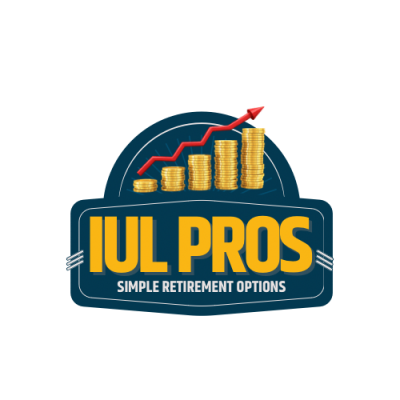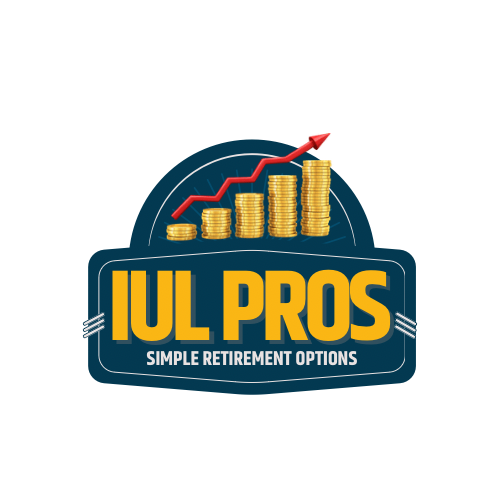Frequently Asked Questions
Indexed Universal Life (IUL) insurance is a type of permanent life insurance policy that offers a death benefit and also accumulates cash value over time. It differs from traditional whole life insurance by offering potential growth linked to stock market indices, providing an opportunity to earn higher returns while offering downside protection.
IUL insurance works by allocating a portion of your premiums into indexed accounts, typically linked to major stock market indices such as the S&P 500. The policy’s cash value grows based on the performance of these indices, up to a cap, and is protected from market downturns with a minimum guaranteed interest rate.
The benefits of IUL insurance include:
- Flexibility: You can adjust premiums and death benefits over time.
- Cash Value Growth: Accumulate cash value that can be accessed during your lifetime through loans or withdrawals.
- Death Benefit: Provide a tax-free death benefit to your beneficiaries.
- Market Exposure with Protection: Potential for higher returns linked to market indices with downside protection from market losses.
IUL insurance may be suitable if you:
- Seek a life insurance policy with potential for cash value growth.
- Want flexibility in premium payments and death benefits.
- Are comfortable with some investment risk and want exposure to stock market indices with downside protection.
Potential drawbacks include:
- Complexity: Understanding how the policy works and its performance may require guidance.
- Cost: IUL insurance can be more expensive than term life insurance initially due to its cash value component.
- Market Risk: While it offers downside protection, returns may be capped, limiting potential growth during strong market periods.

